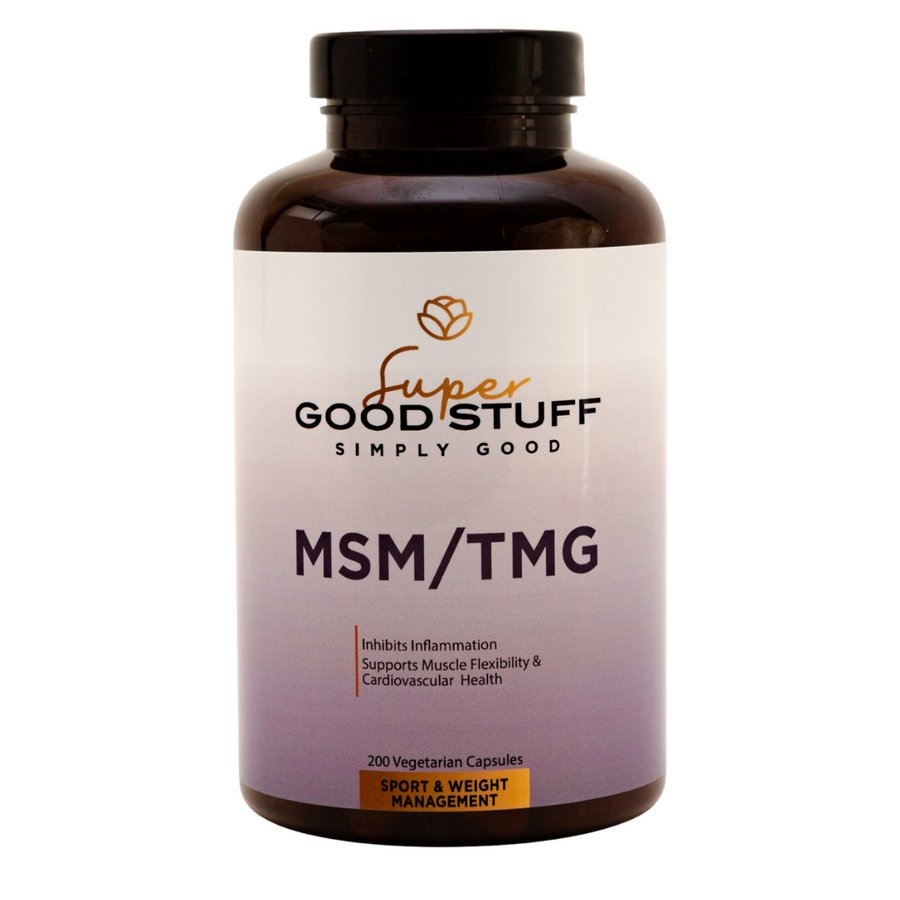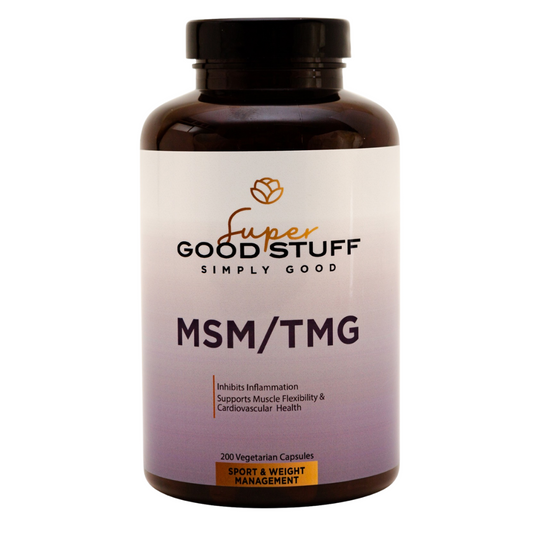Fungal Infections - A Health Crisis Part 2: Antibiotics and Gut Health

In a perfect gut environment, we are born with microflora, or good bacteria, in ourdigestive tract. The body lays down seven layers of immune-rich acidophilus,which is composed of multitudes of the good microflora, as well as otherbacteria that are beneficial for the body. Utilizing nutrient-rich colostrum,these seven layers of good bacteria protect the intestinal tract fromparasites, bad bacteria, and fungi while preventing these pathogens fromleaking through the intestinal lining and infecting the blood stream.
Unfortunately, we get sick with common maladies, e.g. ear infections, and take a prescriptionfor a wide spectrum antibiotic. Taking this antibiotic may kill the infectionthat is making you feel ill, but it also kills two-thirds of the good bacteriaas well! Considering that over 80% of our immune system is in our gut, can werisk losing that?
The negative side effects of antibiotic use continue to affect us incrediblythroughout our lives. Our systems can become compromised when we are born oreven before. For example, a woman who takes antibiotics during pregnancy willgive her unborn baby a substantial dose of them through the amniotic wall.Children are at an additional disadvantage when exposed to antibiotics becausetheir immune systems are not yet fully developed.
Antibiotics have the capacity to destroy all seven layers of acidophilus leading to acondition called Leaky Gut Syndrome. When this occurs, the fungus eats its waythrough the intestinal lining and enters the bloodstream, enabling it to travelanywhere in the body. On its way through the intestinal wall, the fungus leaveslittle pinholes behind which allow proteins, carbohydrates, and fats that havenot yet been fully digested to enter the bloodstream. The immune system reactsand builds antibodies and enzymes to destroy these undigested molecules thatthe body will recognize as foreign objects and pathogens. Even undigested foodthat would normally be beneficial to your bodywill be attacked as aninvader and cause an autoimmune problem or food allergy/sensitivity.
Let’s use broccoli as an example. Broccoli is a nutritional powerhouse with vitalnutrients. Your body needs the necessary proteins that it provides. When yourbody breaks down the broccoli into amino acids, they carry a special signaturethat your body identifies as a nutrient from broccoli. When you have been proneto antibiotics, have a fungal infection, and leaky gut syndrome, the undigestedprotein enters the bloodstream. After forming antibodies and attacking theprotein, the body will continue to struggle to differentiate between suchsimilar signatures and likely attack them both equally.
This is what we have learned so far: Antibiotic use disrupts normal digestion. Thiscauses an overgrowth in fungus in the digestive tract, which kills gooddigestive flora populations leaving the intestinal wall exposed. This allowsfungus to eat its way through the intestinal lining and into the bloodstream,which in turn disrupts the immune system and contributes to autoimmuneproblems. These problems manifest in the form of food allergies resulting inpoor nutrient absorption.
At this point, the fungi proliferate throughout the whole system, creating theaforementioned domino effect of different reactions. The brain, a carbohydratefiend, utilizes 50-80% of all of the carbohydrates we ingest. Unfortunately,fungus also loves to feed off carbohydrates, as well as trace minerals, andends up depriving the brain of carbohydrates and initiating cravings (symptom#1).
Food manufacturers love to take advantage of this carbohydrate craze by enticing youwith sugary baked goods. Think about it, if you go into a grocery store thefirst thing you see are cakes, chocolates, cookies and candies. Our society hasbecome a bunch of carbohydrate fiends! When you eat these sugar loadedcarbohydrates it results in a spike of your insulin or blood sugar. Insulinspikes contribute heavily to brain damage, early aging, and unwanted weightgain i.e. the body conditions itself to store carbohydrates along with fats andproteins.
The fungus that has proliferated the body also affects the brain by releasing a wasteproduct similar to ethanol. This compound overpowers the immune system,entering the brain and disrupting the neurotransmission used for short termmemory, causing mutations and malfunctions in the brain (symptom #7).
Learn more about…
“Antibiotic Resistance.” World Health Organization, World HealthOrganization, www.who.int/mediacentre/factsheets/antibiotic-resistance/en/.
Beck, Julie. “Taking Antibiotics CanChange the Gut Microbiome for Up to a Year.” The Atlantic, Atlantic Media Company, 16 Nov. 2015,
www.theatlantic.com/health/archive/2015/11/taking-antibiotics-can-change-the-gut-microbiome-for-up-to-a-year/415875/.
Nield, David. “Antibiotics Found to CauseImmune System Damage And Reduce Brain Cell Growth.” ScienceAlert,
www.sciencealert.com/side-effects-from-antibiotics-include-immune-system-damage-and-fewer-brain-cells-study-shows.







